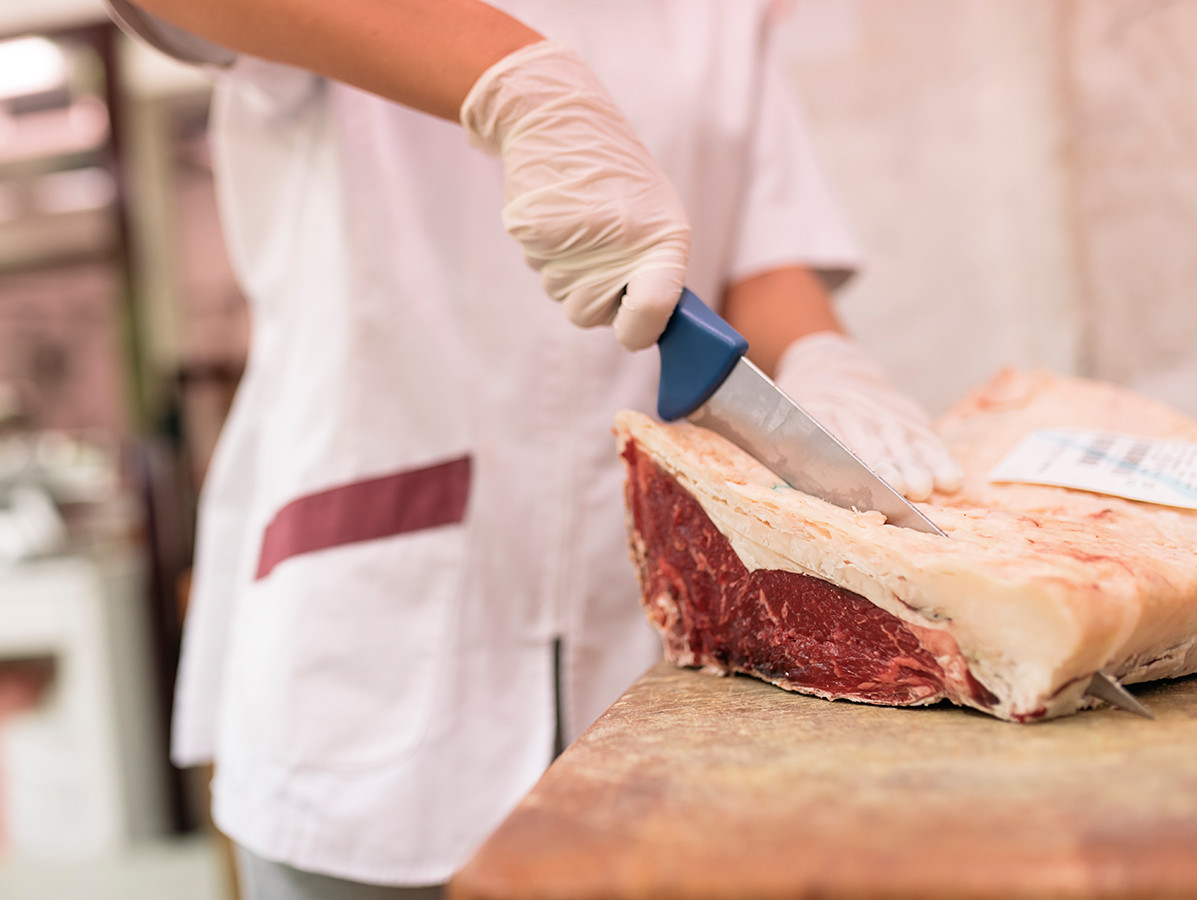
This is how Richard van der Kruijk, General Secretary of the COV, qualifies the FNV's call for hard intervention in the meat sector. It is a slap in the face for the thousands of employees who are committed to our food supply on a daily basis. While the whole of the Netherlands expresses its appreciation for the companies and people who are doing their work in the front line during the Corona crisis, the FNV considers it necessary to stab the meat sector in the back on the basis of a tendentious survey with a response rate of only 1% of all employees.
The meat sector has been working with a COV model protocol since March with Covid-19 measures for companies. The protocol contains concrete agreements to prevent the introduction and possible spread of the virus within the companies. The guidelines of RIVM and the government are safeguarded in this protocol. Where the 1.5 metre distance within the company cannot be achieved, alternative measures such as placing partitions between workstations or the use of personal protective equipment are applied. Many companies have appointed special supervisors to ensure compliance with the agreements. All these additional measures are in addition to the hygiene measures that the sector already applies as standard.
The production of food is one of the vital functions in the Netherlands. While a large part of the Netherlands had to stay at home, companies and employees in the meat sector had to work hard to ensure that meat(s) could remain on the consumer's menu despite challenging conditions. The meat sector is a highly consolidated, labour-intensive sector with traditionally an important population of labour migrants. Van der Kruijk: "Companies that produce for the retail trade are in full swing and have every interest in keeping all our employees healthy and motivated at work. Looking at the absenteeism in the sector, we have succeeded absolutely well in this".
According to the COV, the FNV is using this crisis to gain cheap media attention and to question the position of labour migrants. "Unfortunately, they do not hesitate to distort facts and wrongly put the sector in a bad light", according to Van der Kruijk. The approximately 7,000 migrant workers are indispensable for the continuity of the meat sector. The residential locations of labour migrants have been certified and, apart from a few signs at the start of the measures, we did not receive any reports that the agreements on commuting were not being properly observed. In the Velp case mentioned above, the measures were taken directly and in close cooperation with the Municipal Health Service and the local authorities.
The integral implementation of the "one and a half meter requirement" is a challenge that we are working on every day and where we regularly come to new insights. Securing the measures is not only a responsibility for the employer, but also for the employee. The FNV's call for more supervision by the employer is very one-sided, since compliance with the agreements by the employees themselves is one of the biggest problems. "Together with the trade unions, we will have to put our shoulders to that, each on the basis of his own responsibility", according to the General Secretary.
Source: © COV